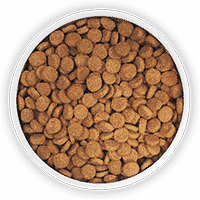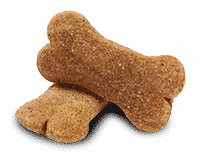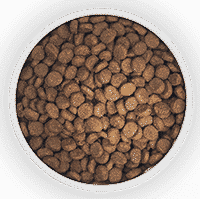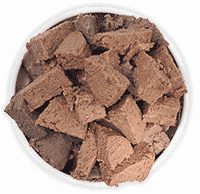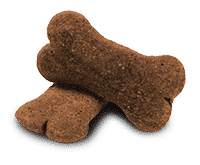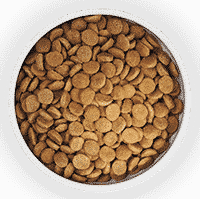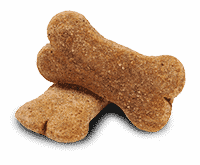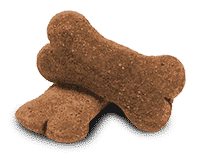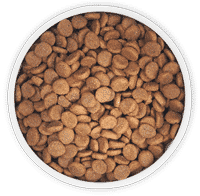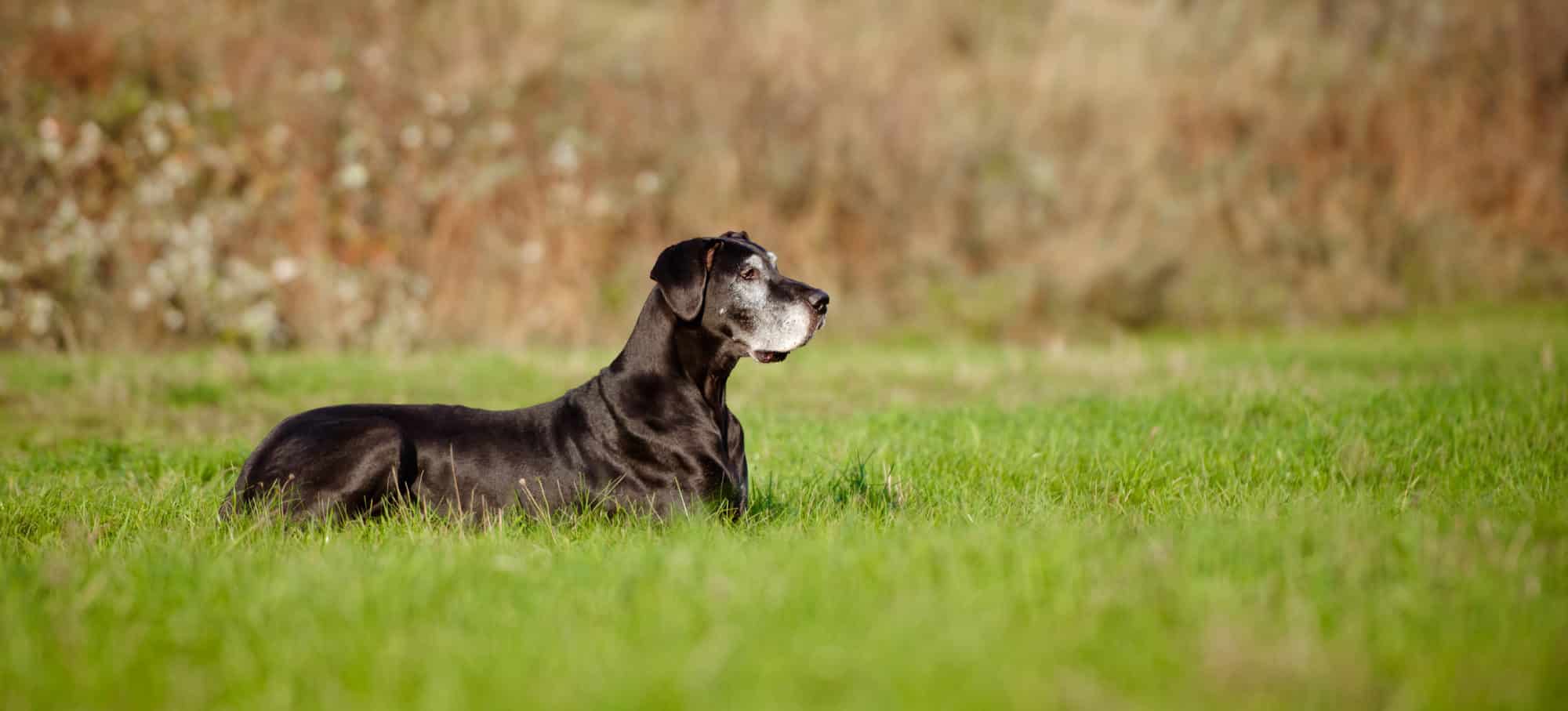Although shelters around the world are overflowing with animals in need for a home, there are some animals in particular who are considered “less adoptable.” Every third week of September is Adopt a Less-Adoptable Week! This holiday is to bring awareness to the “less adoptable” animals in need. Many shelter dogs make wonderful companions, no matter the look, age or medical records of the dog, and this holiday is for us to highlight the pups that deserve a fair chance.
In celebration of National ‘Adopt A Less Adoptable Pet,’ we got the opportunity to talk to Dr. Quest and asks some questions about senior dogs:
What are the most common dog problems that develop when they get older?
Dogs are similar to people in that as dogs age some of their body systems have age changes that may show up as musculoskeletal, gastrointestinal (including dental), cardiac, behavior and endocrine (such as diabetes and hypothyroidism) problems among other things.
What are some signs to see a vet with your senior dog?
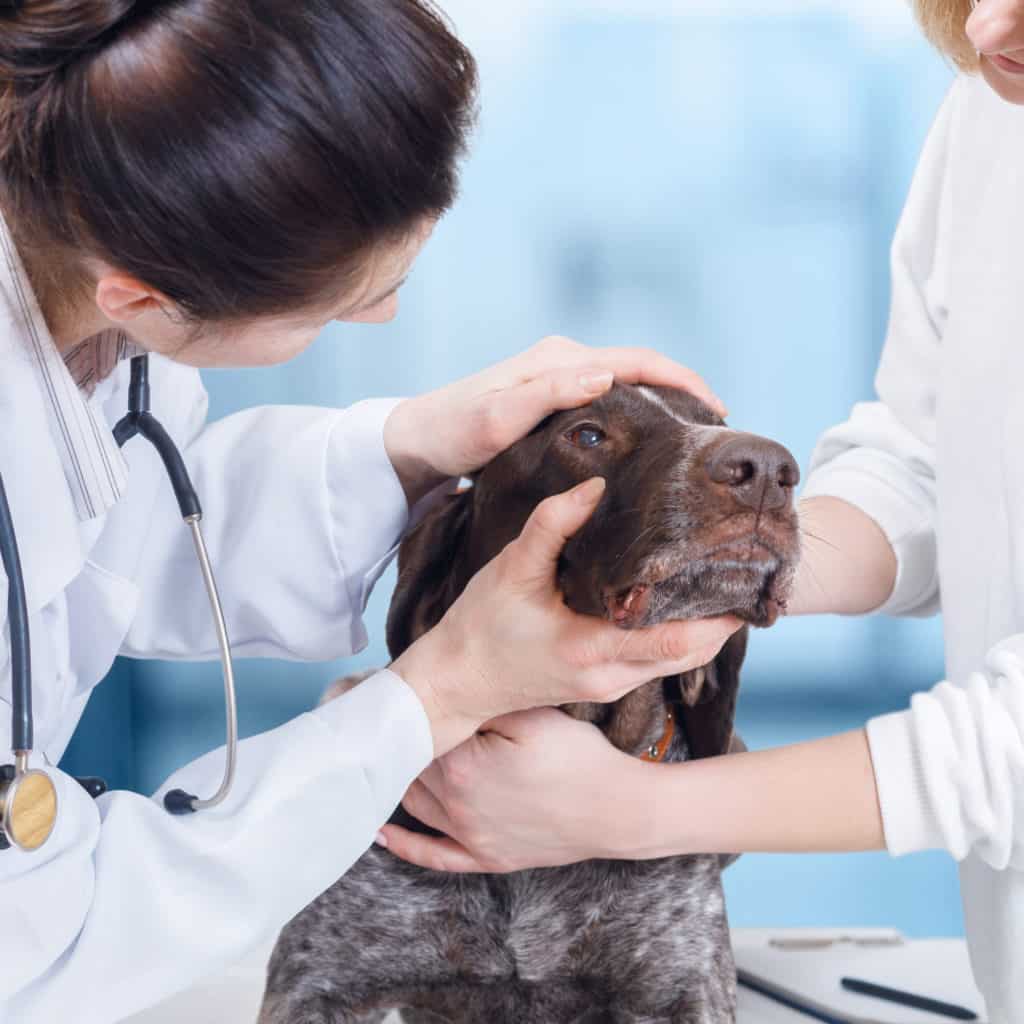
Pet parents should always monitor their senior dog’s food and water intake as many problems can begin as decreased appetite or changes in water consumption. Any new behavior changes that are unexplained should be examined. Changes in urinary/bowel elimination habits, frequency and appearance should be brought to your Veterinarian’s attention too. It is normal for older dogs to not be as active as younger dogs are but it is not normal for pain to accompany physical activity in older dogs. You should see your Veterinarian if your dog acts painful during normal activity. Many older dogs may experience changes in hearing and eyesight as they age similar to people getting older. It is a good idea to have your dog examined by your Veterinarian if you notice this becoming a problem with your dog.
Are there any dietary changes for your senior dog?
It is important to try to maintain an optimum body condition score for all dogs and becomes even more important as they age. Your Veterinarian can evaluate your dog for this. Some dogs may gain weight as they eat the same amount as they have previously but may exercise less. Other dogs may not consume enough calories and lose a lot of muscle mass (cachexia). Neither scenario is good for the senior pet. It is important to have a good dental exam for your senior dog. Oral health problems can make it difficult for your dog to eat and can even lead to tooth loss, pain and gum infections that can spread to other body systems. It is important as with all pets to feed high quality diets many of which are specifically designed to address problems in senior pets.
Do you have any advice to people with senior dogs?
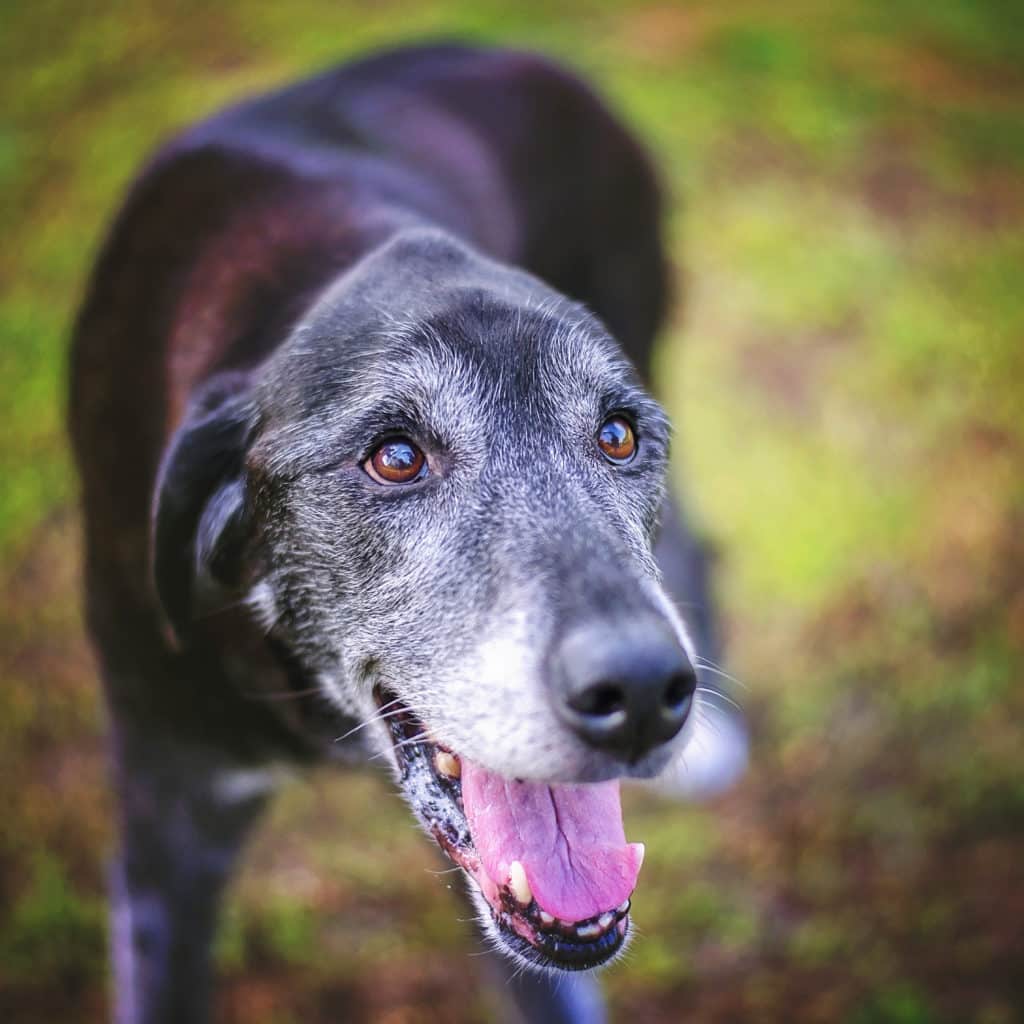
It is important for pet parents to have at minimum a complete physical checkup at their Veterinarian’s office annually. This should include physical exam, diagnostics like bloodwork/heartworm testing/fecal exam, and any recommended vaccinations. Some older dogs with specific problems may need to be seen by their Veterinarian more often. As dogs get older many of them may be on different prescriptions for various conditions and bloodwork monitoring is important to make sure that organs such as the liver and kidneys are functioning properly to metabolize these medications.
How do you keep your pets more comfortable in their senior years?
It is important to combine good healthcare, appropriate diets and frequent attention to our senior pets. As they get older our senior dogs may be more inclined to be less interactive with other pets or humans. It is important to help stimulate their physical and mental health with moderate exercise and even play depending on their physical ability. Sometimes nutritional supplements can help as well for things like joint health, immune health, skin/coat benefit and digestive health. It is recommended to talk to your Veterinarian before starting any kind of nutritional supplement to make sure it is okay to give with any other medicines or specific physical conditions.
